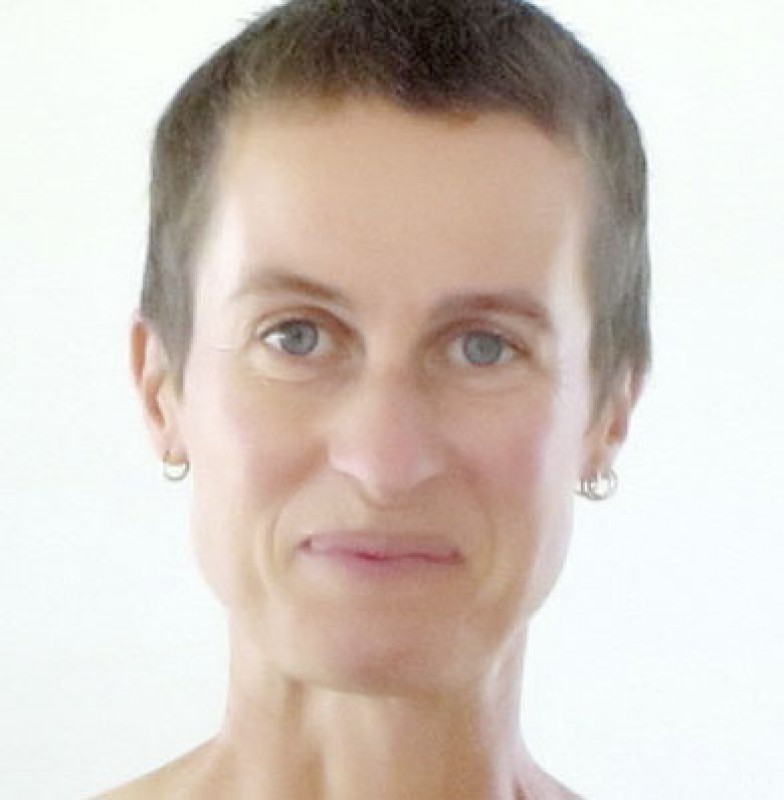Event Details

Topic description / abstract:
Interdisciplinary collaboration requires researchers to navigate multiple challenges of teamwork. Such challenges have both epistemic and interpersonal qualities. While researchers may enter collaborations with considerable expertise in their own field, they may find themselves under-prepared to address the collaborative challenges they encounter.
During my recent doctoral research, I developed a methodology called formative accompanying research (FAR). Using FAR, I tracked an interdisciplinary collaboration in the field of sustainability science. This has deepened my understanding of dynamics of collaboration in research teams. It has also provided considerable insight into navigating positionality and relationality as a boundary-crossing researcher.
This presentation will introduce the FAR methodology for studying collaboration, identify common challenges in collaboration and propose capacities that can be cultivated to address these challenges. How can difficult experiences of collaborating deliberately be used as opportunities to learn to collaborate? The role of discomfort in collaboration will be introduced as a prompt for learning to collaborate while collaborating.
I will illustrate the conceptual input with illustrations from recent experiences in the interdisciplinary project Leverage Points for Sustainability Transformation. A brief exploration of this case will give rise to key insights that may be recognisable in other cases with which participants are familiar. It is intended that this will lead to a discussion with participants about their own experiences of collaboration challenges and strategies for enhancing collaboration.
Biographical note:
Rebecca Freeth is a dialogue facilitator, researcher and writer. The joys and challenges of meaningful collaboration have been a source of interest and practice for many years. She has initiated and supported long-term multi-sector dialogue and action projects and also specializes in working collaborating towards uncertain futures. Much of her work has been located in post-apartheid South Africa, which is her primary home. She teaches on numerous university courses for under- and postgraduate students, as well as a ‘systems thinking for social change’ summer school. Her recently completed doctoral research, in which she tracked an interdisciplinary collaboration in the field of sustainability science for three years, has deepened her understanding of dynamics of collaboration in research teams. Rebecca is currently a senior fellow at the Institute for Advanced Sustainability Science (IASS), in Potsdam Germany.


